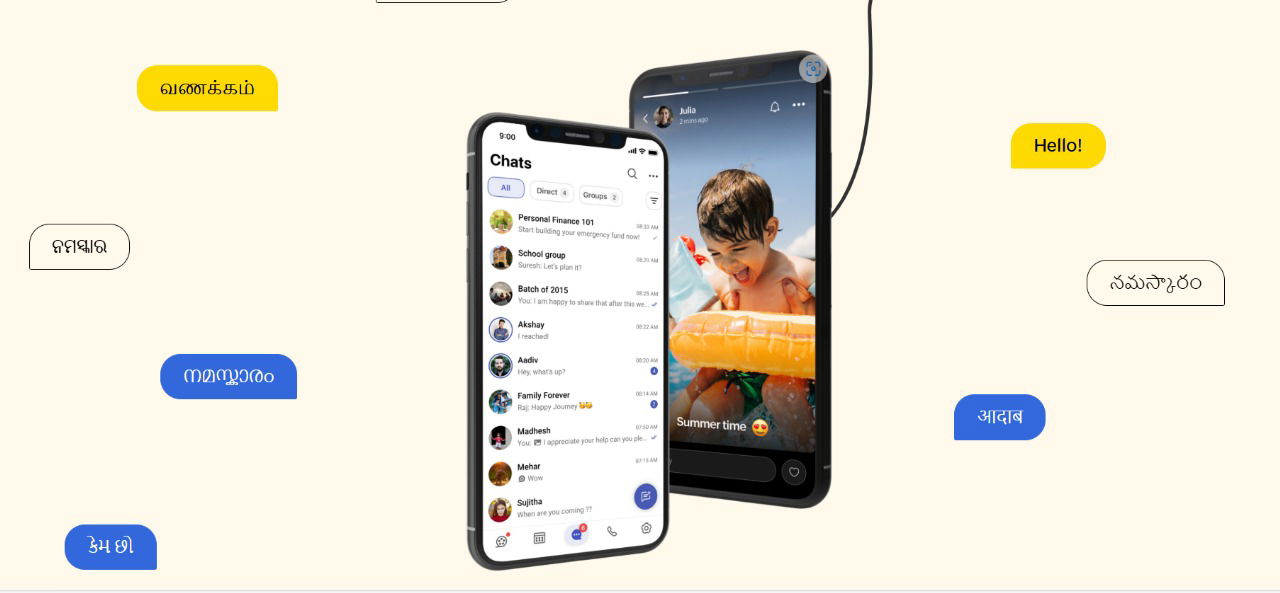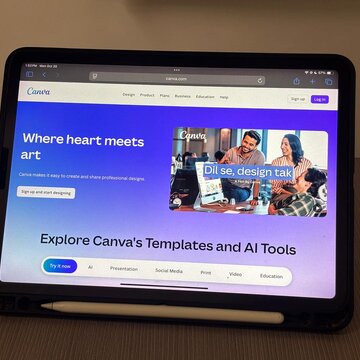Launched in 2021 by Zoho, Arattai (meaning “chat” in Tamil) is a cross-platform messaging app offering text chat, voice/video calls, media sharing, group chats, channels, and multi-device syncing. It also has a unique edge; it offers a dedicated Android TV version, something WhatsApp doesn’t currently provide.
The app has surged in popularity recently. It shot to No. 1 in App Store’s Social Networking category following a massive spike in downloads, with reports of daily signups jumping from 3,000 to 350,000 in just a few days. In the Google Play Store, it has crossed over 10 million downloads.
Its rising appeal is tied not only to features but also to data sovereignty and national digital independence narratives. Indian officials, including the Union Education Minister, have advocated for users to adopt local apps like Arattai, which are 'Made in India'.
What are the areas Arattai still needs to compete with its biggest rival?
While Arattai is making waves, it’s not yet a full replacement for WhatsApp; there are a few gaps to address:
Encryption & privacy: Although voice or video calls on Arattai are end-to-end encrypted, regular chats currently lack this privacy feature. Arattai plans to add full chat encryption soon, as per reports.
Network effects: WhatsApp has hundreds of millions of users in India. For Arattai to succeed, it must attract enough users so that your contacts are also on it.
Feature maturity: Some features (like large file transfers, advanced business tools) are still less mature compared to WhatsApp’s ecosystem, as per user experience.
Trust & adoption hurdles: Basic user psychology will obviously be to watch how Arattai handles privacy, data storage, possible monetisation, and long-term commitment, before turning to full-time dependency on this application.
Arattai is not yet the “new WhatsApp” for India, but it is a serious and promising challenger. Its homegrown identity, recent momentum, and technical features give it a strong foundation. Whether it can sustain that and become the default messaging app will depend on how it addresses security, user trust, and ecosystem growth in the months ahead.



